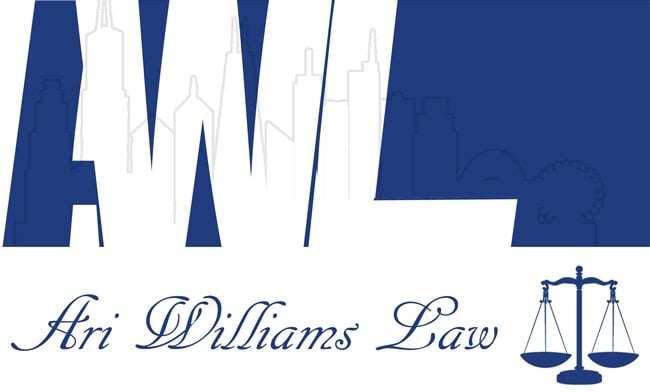People in the United States have rights that are outlined in the United States Constitution. One of these rights protects them from unlawful searches and seizures. This is to protect people from being harassed by law enforcement officers.
It’s best for everyone to know what search warrants are and when they’re required so they can try to uphold their rights when they’re interacting with police officers.
What is a search warrant?
A search warrant is an order that’s signed by a judge or magistrate that gives police officers permission to search private property. This must be issued only when there’s probable cause to believe that there’s evidence related to a crime in a specific area. A search warrant must contain specific information, including the items that are being searched for and the area police officers can search. The information can’t be overly vague.
When is a search warrant required?
A search warrant is always required except under very strict circumstances. Some of the exceptions to the search warrant requirement include:
- The officer gets permission from the person who controls the area
- The search is subsequent to a lawful arrest
- An automobile is being searched
- Exigent circumstances are present that endanger the officer’s life or the general public, or there’s a chance of evidence destruction
One important note about searches and seizures is that officers can seize evidence that’s in the open and clearly visible from a location they’re lawfully allowed to be. This means that if a person has cocaine on the living room table and the officer sees that from the front door when a person answers the door, they can legally seize the cocaine and conduct an arrest.
Evidence that’s illegally seized, including evidence gathered during an illegal search, can’t be used in court against a defendant. Having a legal representative who can work on having the evidence suppressed is beneficial for defendants who were subjected to an unlawful search or seizure. That same representative can also help a defendant to shape their defense strategy.


